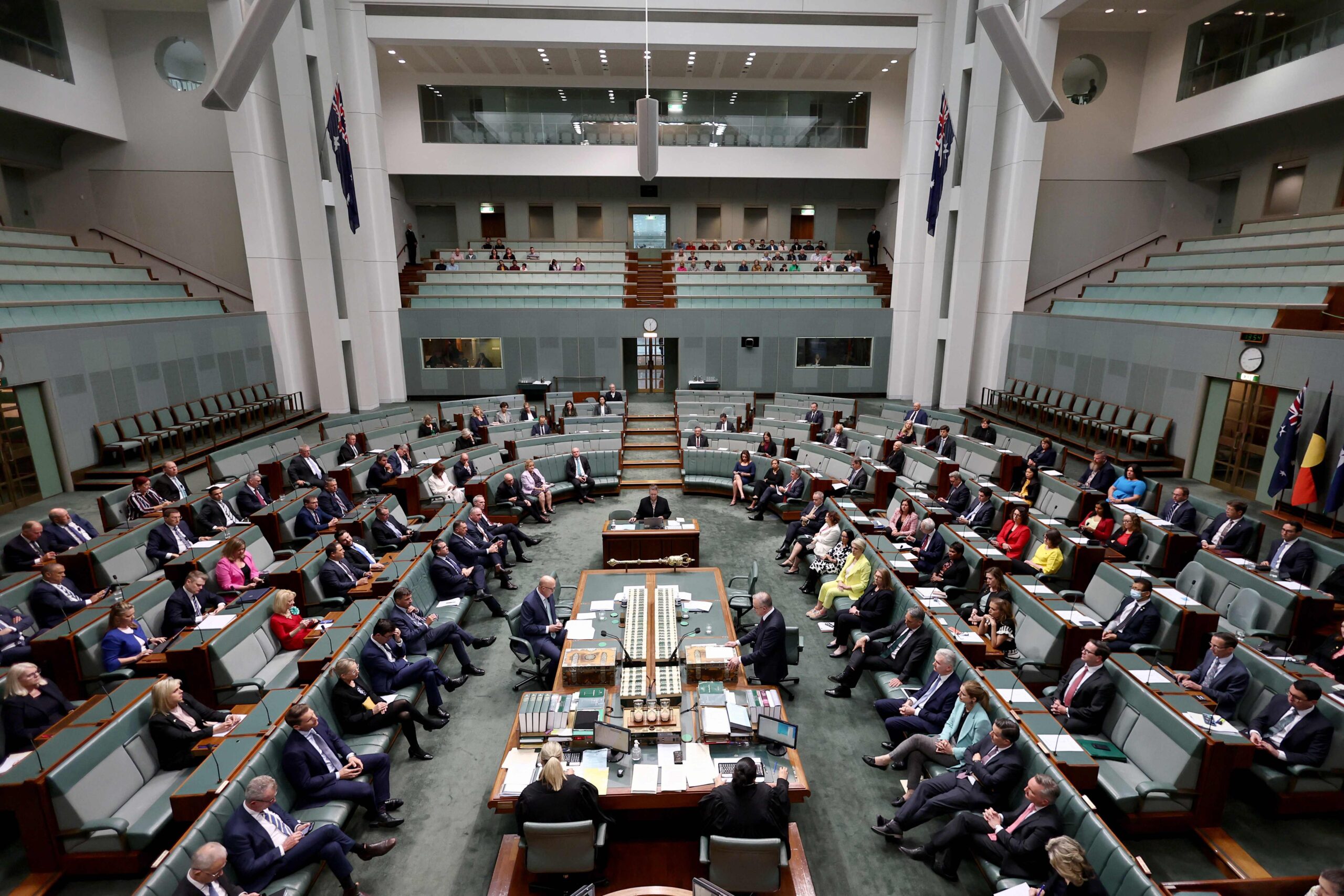CANBERRA (AP) – Australia will look for new ways to lift Indigenous living standards after voters soundly rejected a proposal to create a new advocacy committee, the deputy prime minister said on Sunday.
Every state and mainland territory apart from Australian Capital Territory voted against a proposal to enshrine in the constitution an Indigenous Voice to Parliament to advocate on behalf of the nation’s most disadvantaged ethnic minority.
Deputy Prime Minister Richard Marles said his government remained committed to improving Indigenous welfare to close the eight-year gap in average life expectancies between Indigenous Australians and the wider community.
“In terms of exactly what the precise steps forward are from here is a matter that we need to take some time to work through and I think people can understand that,” Marles told Australian Broadcasting Corp.
“Coming out of this referendum there is a greater call for action on closing the gap,” Marles added.

Indigenous Voice campaigners were flying Aboriginal flags at half-staff across Australia on Sunday as a mark of their disappointment.
Proponents had hoped that the Voice’s advice would lead to better government service delivery and improved outcomes for Indigenous people.
Accounting for only 3.8 per cent of the population, Indigenous Australians have a suicide rate twice that of the national average, are more likely to be incarcerated than other Australians and suffer from diseases in the remote Outback that have been eradicated from other wealthy countries.
Latest counting on Sunday found more than 60 per cent of voters had opposed the Voice. There was majority support for the Voice in Outback polling booths in the Northern Territory. That part of the country has Australia’s highest proportion of Aboriginal residents and the result suggests the Voice was popular among Indigenous Australians.
Many Voice supporters accused opposition lawmakers of spreading misinformation and disinformation about the Voice.
Marcia Langton, an Indigenous academic who helped draft the Voice proposal, said opposition leader Peter Dutton through his “no” campaign had “cemented racism into the body politic.”
“The nation has been poisoned. There is no fix for this terrible outcome,” Langton wrote in The Saturday Paper.
Dutton accused Prime Minister Anthony Albanese of dividing Australians by holding the referendum.
“This is the referendum that Australia did not need to have. The proposal and the process should have been designed to unite Australians, not to divide us,” Dutton said.





